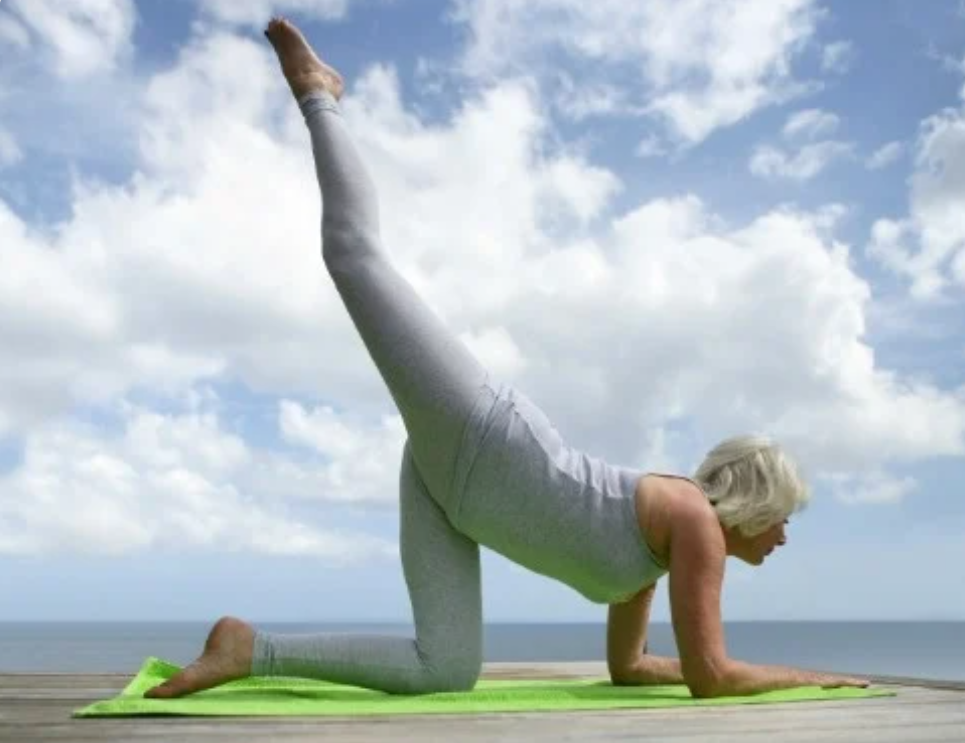Terms like ‘active’ and ‘successful’ are increasingly used to describe aging, especially with Baby Boomers refusing to ride off into the proverbial sunset in a wheelchair like their parents did. Instead, aging is being viewed as a privilege and an opportunity to truly enjoy the Golden Years. But with health concerns and memory loss anxieties looming in the back of many seniors’ minds, it can be hard to age gracefully without a bit of worry. However, with just a few lifestyle habits and hobbies, you can thrive in your senior years, making 70 the new 50.
Get moving
Physical movement and exercise has been linked to a decreased risk of depression in seniors and has been linked as a complement to medication therapy for major depression. Further, physical activity can lead to decreased obesity, diabetes, and even memory issues. It’s a win-win situation anytime you lace up your shoes and head out for some physical activity. Keep in mind that your exercise doesn’t have to be rigorous – though many seniors love a good run or long swim; you can simply hit the pavement for a neighborhood walk or do a Silver Sneakers class at your local gym. Try yoga, tai chi, swimming, ballroom dancing, walking, running, biking, or any other activity that you love and gets your muscles moving.
Learn something new
You are never too old to learn, and many seniors over the age of 65 are choosing to learn a new skill or language as they enter retirement. Check out your local community college to see if they offer a senior discount or the option for you to audit courses that sound interesting to you. Learning any new skill or language can be beneficial to keeping your brain functions sharp (if you use it, you don’t lose it) and you will find yourself being proud of your new learning as well.
Meet some new faces
Socialization plays a major role in active and successful aging. Isolation can be easier to slip into as you age. Friends have moved away or passed away, and it can be easy to spend an entire day or two at home alone without anyone to talk to. However, isolation has negative consequences, including an increased chance of depression and memory issues. Active and conscious socialization are the only way to be sure that you aren’t intentionally isolating yourself. Find friends or peers that enjoy hobbies that you do, host coffee dates at your home, or plan weekly outings for your group of pals. Developing and nurturing your support system is crucial as you age.
Focus on hobbies
Retirement is great in that it opens up time for you to explore your hobbies and other opportunities. However, if you don’t fill that newly opened free time, you can end up bored, depressed, and feeling like you don’t have a purpose. Try out new hobbies or dive further into a hobby that you’ve always enjoyed. Try traveling or pottery, painting or writing, dog training or playing the piano. You are never too old to try something new!
Hit the road
Travel is a perk of retirement. Now that you have the time to hit the road, be sure you do it! See local sites, take day trips, or plan excursions to more exotic locales. Either way, you will get physical exercise, learn something new and meet new people – a trifecta that is sure to keep you aging well. Plus, traveling is fun!
Reduce responsibility
Retiring to an independent living community allows you to let go of worrying about mortgages, property taxes, and utility bills by rolling everything together. Find new activities, make new friends, and even attend the gym and take classes all in one centralized location designed to give you a one-stop shop for happy retirement.
Your retirement years don’t have to be boring or full of obligations that you don’t find joy in. Instead, add life to your years by implementing our tips and habits. Cheers to this new life!



